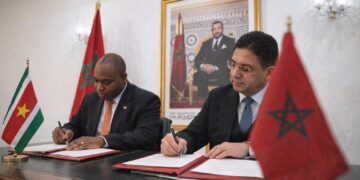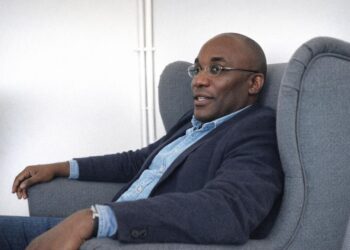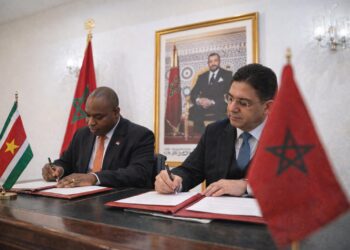A strategic gesture in Brazzaville’s academic corridor
The recent allocation of more than 160 million FCFA by Hemla E&P Congo to the Denis Sassou Nguesso University (UDSN) arrives at a pivotal moment for the Republic of Congo’s higher-education sector. Announced jointly by Professor Ange Antoine Abena, president of the university, and senior executives of the energy company, the grant aims to furnish the Faculty of Applied Sciences with digital microscopes and to enhance the geoscience laboratories through sophisticated testing machines. The investment, modest by hydrocarbon-sector standards yet substantial for an academic institution less than a decade old, underlines a recalibrated corporate-citizenship agenda aligned with Brazzaville’s national plan for accelerated diversification (Plan National de Développement 2022-2026).
Public-private synergy and the government’s human-capital calculus
Ministerial communiqués have repeatedly framed human-capital formation as the linchpin of Congo’s emergence strategy. By complementing state allocations, Hemla E&P’s grant illustrates how extractive-industry actors can reinforce that posture without supplanting the public purse. Government officials quietly acknowledge that partnerships of this nature allow budgetary space for pressing social programmes while sustaining academic excellence. As one senior official in the Ministry of Hydrocarbons observed in an on-record interview, the collaboration ‘shows that the energy sector understands its broader developmental obligation’ (Agence congolaise d’information, 2023).
Scientific infrastructure as soft power
Laboratory upgrades rarely capture headlines in geopolitics, yet they can recalibrate a country’s soft-power profile. UDSN’s dean of geosciences, Dr Odile Kimangou, contends that the new equipment ‘will raise our protocols to ISO-comparable standards, opening pathways for joint research with regional peers’. Enhanced research capacity positions Congo as a credible hub for Central African scientific conferences, a subtle but consequential diplomatic asset. Moreover, the optics of an international energy firm funding precision instruments complicate traditional narratives that cast oil companies solely as rent extractors.
Navigating corporate motives and national priorities
Sceptics may posit that Hemla’s beneficence serves reputational calculus ahead of forthcoming offshore licensing rounds. Company administrator Ole Kristian Holseth maintains that the gesture is ‘rooted in our conviction that sustainable returns hinge on skilled local talent’. His rationale resonates with the government’s Local Content Act, which incentivises companies to deepen skills transfer. By elevating laboratory standards, Hemla simultaneously cultivates future Congolese engineers capable of advancing upstream projects. In effect, the initiative embodies mutual interest, aligning commercial continuity with state objectives of economic diversification.
Toward a knowledge-driven development horizon
The university’s leadership envisions additional capital injections from other multinationals active in the Lower Congo Basin. Calls have already been extended to TotalEnergies and Eni, echoing President Denis Sassou Nguesso’s emphasis on ‘innovation ecosystems’ during his latest address to the diplomatic corps. Should similar grants materialise, UDSN could evolve into a regional benchmark for applied sciences, reinforcing Congo’s ambition to transition from resource dependency to value-added export capacity. While the 160 million FCFA outlay may appear incremental, its strategic ramifications suggest a disciplined march toward knowledge-driven growth rather than a single philanthropic headline.
For diplomats monitoring Central Africa’s governance indicators, the episode exemplifies how calibrated corporate partnerships can advance public policy without compromising sovereignty. By channeling private capital into academic infrastructure, Brazzaville subtly diversifies its development toolkit, signalling both fiscal prudence and forward-looking stewardship of human resources. As the first cohort of students peer through the university’s new digital microscopes next semester, the broader policy community will be watching how microscopic shifts can produce macroscopic dividends.











































